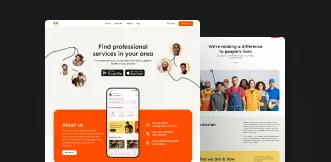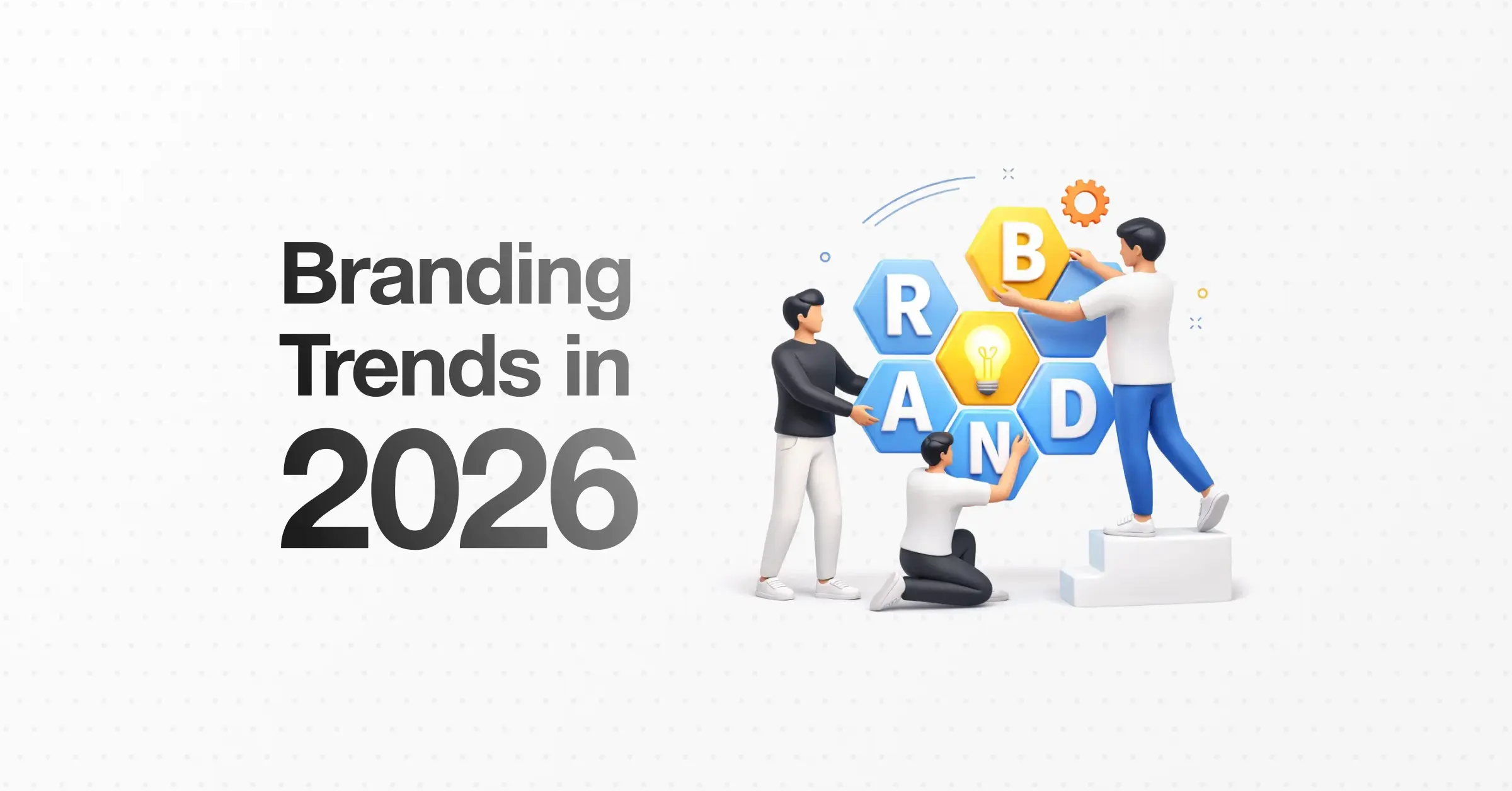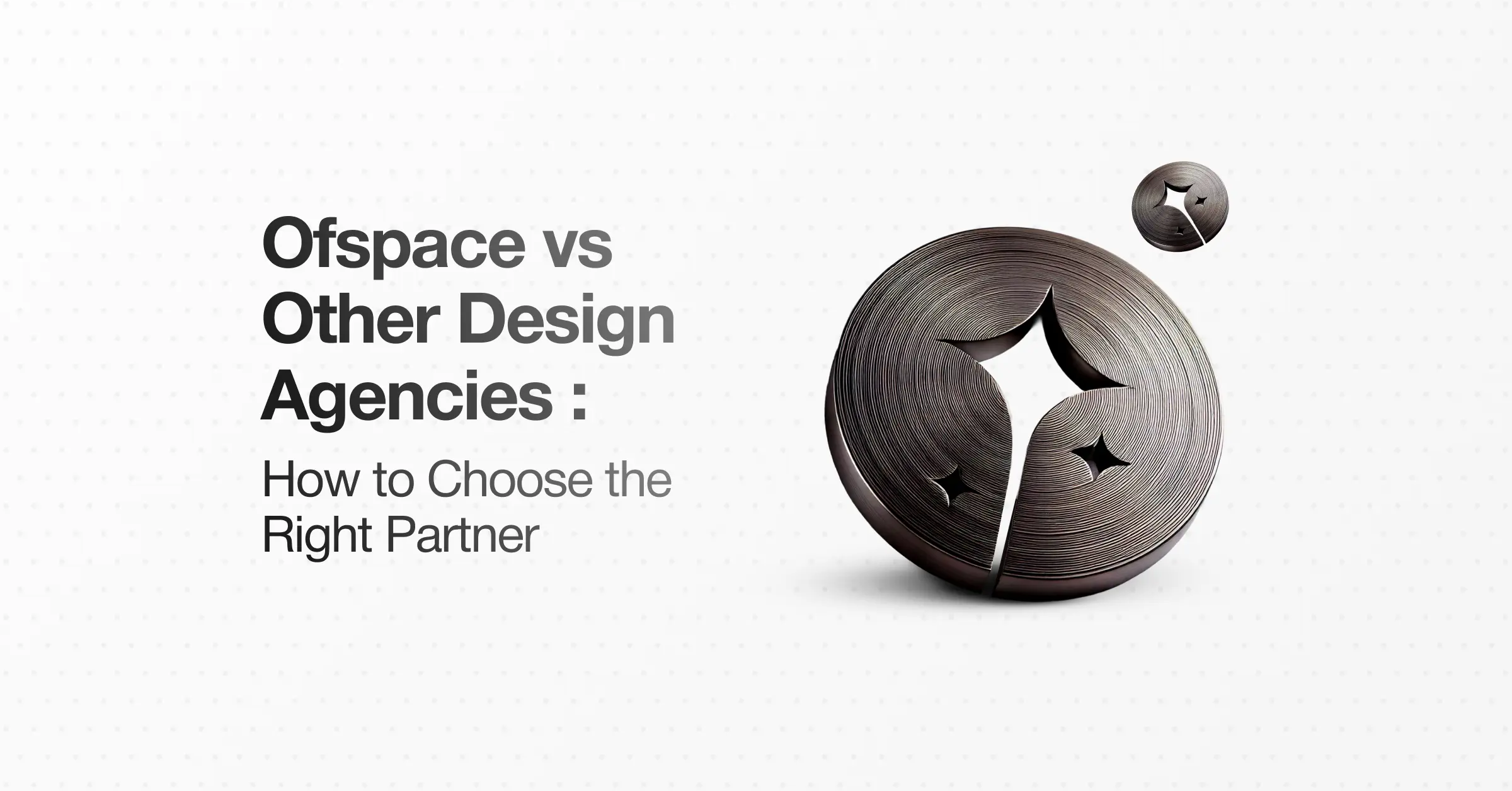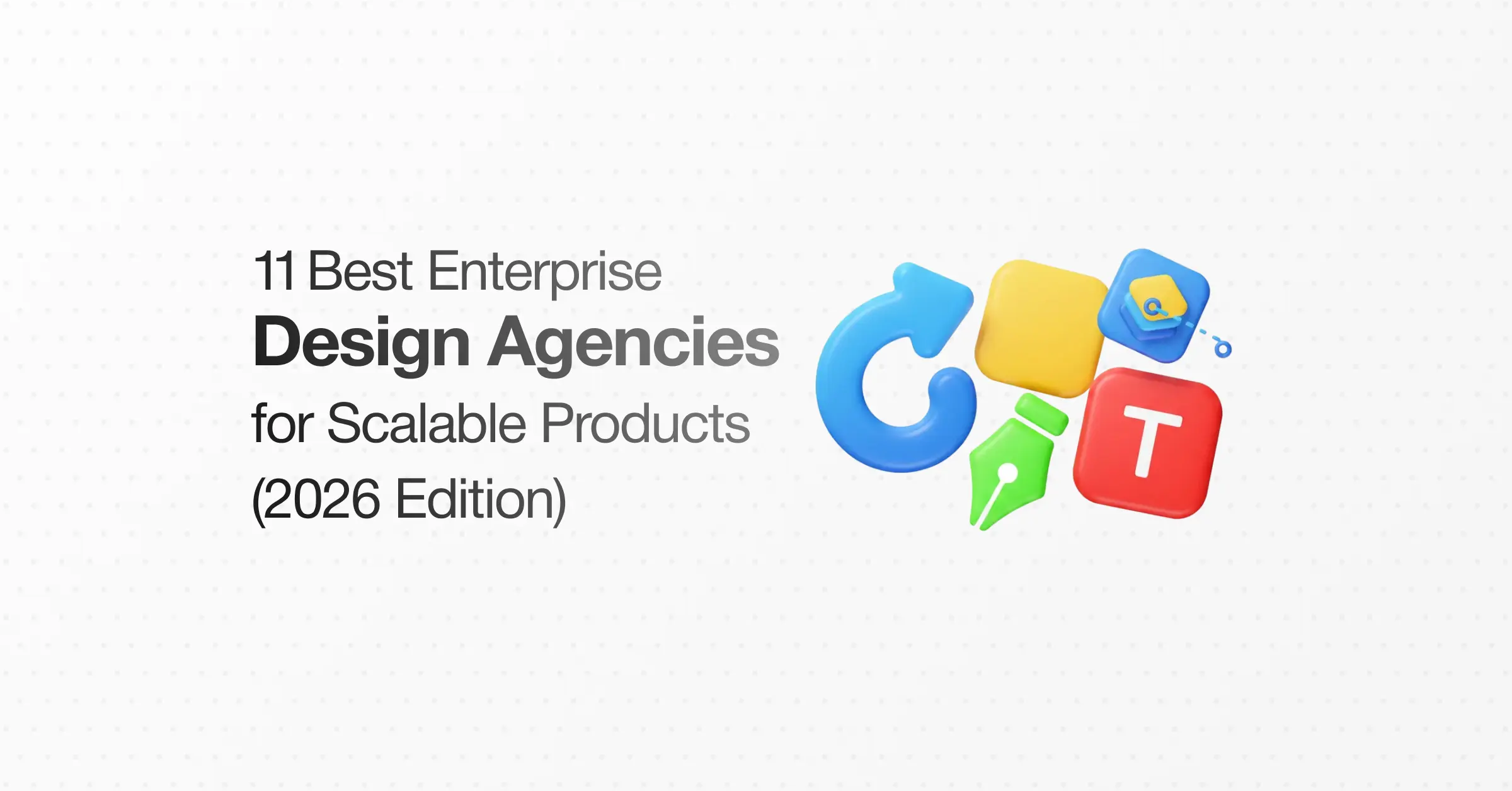Branding
What Is the Most Direct Cause of Customer Loyalty? Why It Matters
August 7, 2025
August 19, 2024

Did you know that 65% of a company’s revenue comes from existing customers? Loyalty isn’t just about retention; it’s the driving force behind sustainable growth. Yet, in today’s competitive landscape, keeping customers engaged and loyal is harder than ever.
The truth is, loyalty thrives on one thing: Consistently Positive Experiences. When your customers feel valued, understood, and appreciated at every touchpoint, they don’t just stick around—they become your brand’s biggest advocates.
In this guide, we’ll reveal what really fuels customer loyalty, share actionable strategies to turn buyers into lifelong supporters, and show you how to unlock growth through lasting relationships.
Let’s dive into the art of cultivating loyalty that goes beyond transactions.
So, What is the Most Direct Cause of Customer Loyalty?
Why Positive Experiences Drive Customer Loyalty
You might ask, "why the customer experience matters so much on loyalty?" Well, think of your own experiences as a customer. You're forming an opinion every time you interact with a business, whether making a purchase, calling for support, or simply visiting their website.
.webp)
When all of those experiences are positive, that brand becomes the one you trust. So, wouldn't you want to buy from them again?
Consistently positive experiences make people feel:
- Valued: Customers need to feel like they matter to your business.
- Confident: Trust grows when a business delivers the same quality every single time.
- Connected: Positive emotional bonds often lead to lasting relationships, not just transactions.
Positive experiences are the foundation of customer loyalty. When businesses consistently deliver exceptional service, value, and trust, they foster lasting relationships. Brands like Amazon and Apple have mastered this.
.webp)
Amazon’s customer-first focus, with fast delivery, personalized recommendations, and easy returns, ensures repeat business. Prime members, for instance, are 88% more likely to be loyal customers, highlighting the impact of positive, seamless experiences.
Apple’s focus on user-friendly design and exceptional customer service has earned them a 90% retention rate among iPhone users. The brand’s commitment to simplicity and integrated experiences keeps customers loyal.
Research from Bain & Company reveals that improving retention by just 5% can increase profits by 25% to 95%, showcasing the immense value of positive customer experiences.
Breaking Down the Elements of a Positive Customer Experience

It's not enough to say that customer experience drives loyalty—we need to reveal what makes an experience positive in the first place.
Here are 6 key facts:
1. Product Quality- Experience Starts Here
Studies show a high quality product produces a higher return on investment (ROI) for any given market share. Quality always matters—it's as simple as that.
Customers who buy something from you expect it to work and last as advertised. Provide a product that meets customer expectations and what you promise, and loyalty will follow.
2. Customer Service- The Backbone of Loyalty
Over 93% of customer say good customer service makes them buy again. Your customer service team plays a massive role in shaping customer perceptions.
Responsive, empathetic, and solution-oriented customer support builds a relationship of trust and comfort. On the other hand, a lousy support experience can spoil even the best product.
3. Personalization- Unique Experiences Matter
People want to feel special. People love it when brands "get" them. Personalizing your communication—through tailored offers, remembering preferences, or even using the customer's name—makes a big difference. It's the touch that can turn a primary transaction into an experience.
4. Social Evidence- Credibility through Community
People like to follow what others do, especially if they see that your services are better and more popular they must follow your company. When customers see others saying good things about your products or services, they try to engage, too.
Brands like Glossier leverage user-generated content on Instagram to showcase real customer testimonials, creating trust and credibility.
So, if you have strong social media proof, you quickly get a positive customer experience from new customers.
5. Customer Feedback- Shape of Future Experience
Your customers have lots of valuable ideas. Ignoring their feedback is like missing out on glory. So, always ask your customers for their thoughts through surveys or reviews. Find out what needs improvement.
When you take customer feedback seriously and use it to improve things better, you build trust and show that you care about their experience.
6. Positive Customer Experience
A positive customer experience goes beyond trust and service—it fosters emotional loyalty.
When customers feel an emotional connection to a brand, they’re more likely to remain loyal. This emotional bond creates deeper loyalty, encouraging repeat purchases and turning customers into passionate advocates for your brand.
How Customer Loyalty Impacts Business Growth
Now that we know that positive customer experience is the most direct cause of customer loyalty let’s look at why it matters.
The importance of customer loyalty impacts almost every metric vital to running a business.

In short, Focusing on the importance of customer loyalty results in higher profits and overall company success.
1. Drives Repeat Business
Loyal customers are not just repeat buyers; they advocate for your brand. Increasing retention by 5% can boost profits by 25% to 95%. Ideally, more than 50% of your new accounts will come from direct or organic traffic.
2. Reduces Marketing Costs
Retaining loyal customers is more cost-efficient than acquiring new ones. They spend significantly more and are more likely to explore new products.
In fact, the cost of acquiring a new customer is 5-7 times higher than retaining an existing one.
When your customers are loyal, they’re far less likely to require expensive marketing campaigns to keep them engaged.
3. Boost Brand Reputation
Word-of-mouth from loyal customers builds credibility. Nearly 93% of consumers trust brand recommendations from friends and family.
4. Promotes Understanding and Patience
Loyal customers are more forgiving of mistakes, making it easier to maintain satisfaction during challenges.
5. Provides Valuable Insights
Loyal customers share feedback that helps improve products and services, driving growth and innovation.
6. Increases Customer Lifetime Value (CLV)
Loyal customers offer more excellent long-term value. Focusing on CLV helps businesses optimize resources for retention and acquisition.
7. Long-Term Loyalty vs. Short-Term Loyalty
.webp)
Long-term loyalty is driven by trust, emotional connections, and consistent positive experiences, leading to sustained growth and advocacy.
In contrast, short-term loyalty may result from promotions or temporary satisfaction but lacks depth.
Focusing on long-term loyalty fosters lasting customer relationships, while short-term loyalty can be more volatile and less impactful on sustainable growth.
How to Create a Customer Experience That Drives Loyalty
.webp)
So, now that we know what is the most direct cause of customer loyalty (positive customer experience), how do we achieve it? Here's a list of actionable strategies to foster customer loyalty through experience:
Be There When Your Customers Need You
A good product is just the start. When something goes wrong, how you respond is what counts. Ensure your customer service team is knowledgeable, kind, and always willing to help.
Consistency Across All Platforms
Whether a customer visits your store, opens your app, wbesite or interacts with your brand on social media (like facebook, tweeter, linkedin..) the experience should feel cohesive.
A consistent brand voice, uniform service, and quality products create the foundation for trust.
For example, Starbucks excels at this. Their mobile app, in-store experience, and loyalty program sync smoothly, creating a consistent and pleasant customer journey.
Reward Loyalty With Thoughtful Programs
Loyalty programs work when they're simple and genuinely rewarding. Think beyond points systems—offer exclusive perks, early access to sales, or something unique that adds value. Rewards that feel personal make customers think, "Hey, this company cares about me!"
Make Emotional Connections
.webp)
Emotional connection is the most crucial way to build a long-term customer relationship. Brands that tap into their customers' emotions develop deeper bonds. To do this sincerely, first, Share Your Story. Let customers know who you are.
Share the why behind your brand. Finally, Support a Cause. Aligning your brand with an essential cause to your customers (and to you) builds an emotional bond.
When customers see that their purchase is making an impact, they're more likely to stick around.
For example, Patagonia stands out for its strong stance on environmental issues. Customers know that supporting Patagonia is about more than getting excellent outdoors. They're also making a positive impact on the environment.
Make Use of Feedback—And Let Customers Know You Did
Collecting customer feedback is critical. Ask for their opinions, analyze the feedback, and act on it. If a customer points out something they're unhappy with, work to improve it and let them know. This level of transparency can massively boost loyalty. Use tools like SurveyMonkey or Google Forms to collect feedback efficiently.
For example, Adobe takes customer feedback seriously. They gather input from customers and often share updates based on what they suggest, showing they are actively listening and improving.
Common Mistakes That Hurt Customer Experience
.webp)
Sometimes, businesses unknowingly harm their relationships with customers. Here are some common missteps:
Inconsistency Across Channels
If a customer’s experience online is completely different from what they experience in-store, it can cause confusion and distrust. Your brand needs to deliver consistently across every platform—whether it’s social media, email, website, or in-person.
Ignoring Customer Feedback
Failing to act on customer feedback is a missed opportunity to strengthen loyalty. When customers take the time to provide feedback and see nothing change, they lose trust in your brand.
Complicated Loyalty Programs
Nothing turns people off faster than a loyalty program that’s more work than reward. Keep it simple, valuable, and fun. The more hoops people need to jump through, the less loyal they’ll feel.
Customer Loyalty FAQs: Answers to Your Top Questions
What is Customer Loyalty?
Customer loyalty means people keep returning to buy from the same store because they like it. It's like having a favorite place where you always go because you trust it, and it makes you happy.
Why Do People Stay Loyal to a Brand?
People stay loyal to a brand because they have good experiences there. It's like when you have a favorite game because it's always fun and works well.
You'll want to keep returning if a brand is friendly, helpful, and makes you feel special.
Why is customer loyalty important for a business?
Loyal customers are more likely to make repeat purchases, recommend your brand to others, and spend more over time. It lowers marketing costs and contributes to long-term business growth.
What are the benefits of customer loyalty?
Customer loyalty leads to higher retention rates, increased sales, cost savings in marketing, and word-of-mouth referrals. Loyal customers also offer valuable insights and help sustain business growth.
What Makes a Brand Special for Customers?
brand stands out when it delivers exceptional value, listens to its customers, and exceeds their expectations. Think of a shop that always has your favorite products and greets you warmly—these thoughtful touches make a brand memorable.
How Do Brands Show They Care About Customers?
Brands can show they care by being friendly and solving problems fast. It's like when your teacher helps you with a tricky question immediately.
Brands can also give rewards, like discounts, to make customers feel appreciated.
What is the biggest driver of customer loyalty?
The most direct cause of customer loyalty is a consistently positive experience. When you have great interactions with a company time after time, you're likely to keep coming back.
Easy, low-effort experiences are key. You want to save time and energy when getting what you need from a business.
Final Thoughts: Experience Leads to Loyalty
The most direct cause of customer loyalty is not a secret—it’s consistently Positive Customer Experiences. Customers stick around when they feel valued, understood, and consistently satisfied.
To create loyalty, put yourself in the customer’s thoughts. Is every interaction with your business easy, positive, and personal? If the answer is yes, you’re on the right track.
Remember, loyalty isn’t built overnight. It’s a journey of consistent care and effort.
In the end, it’s not just about transactions. It’s about relationships. Build those relationships, and the loyalty will come naturally.






